The small profit last year has helped give the manufacturer, sold by BMW for €3bn in May 2000, the confidence to inject more than £100m into its under-funded pension fund.
However, the return to pre-tax profitability comes as Land Rover's 8,000-strong workforce is being asked to accept sweeping changes aimed at improving productivity and quality. Land Rover said the profit followed the relaunch of the Range Rover luxury off-roader last year, which helped spark customer interest. Profit margins on top-of-the-line vehicles are far higher than on cheaper models. ‘We are anticipating further improvement with the imminent launch of the new Discovery,’ the company said.
The company also benefited from severe cost-cutting, part of the legacy of David Thursfield's time as head of international operations at Ford, before he was forced out earlier this year. Non-production costs, such as distribution and running offices, were reduced by £54m, or almost 20 per cent, last year.
The cost-cutting more than offset a rise in interest payments as the company continued to borrow in order to invest in new model development. The pre-tax figure of £7.9m, revealed in a filing to Companies House two weeks ago, excludes the small profit made by the import company in the US, which is shown in Ford's accounts. The previous year, Land Rover had pre-tax losses of £5m, while in 2001 - the first full year under Ford ownership - the off-road vehicle manufacturer lost £302m. The accounts also reveal that Land Rover added £101m to its pension scheme in two payments in January and April, in an attempt to plug the hole in the fund, using money thought to have been borrowed from other group companies.

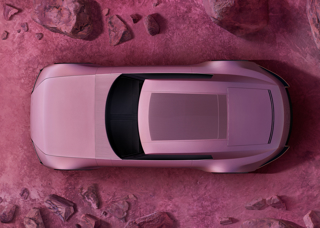
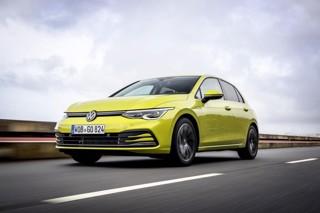
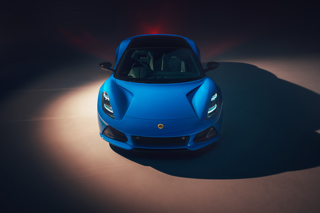
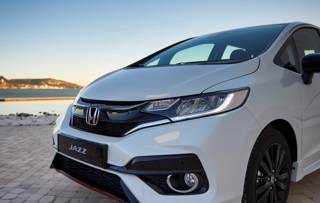
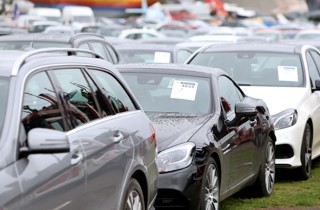












Login to comment
Comments
No comments have been made yet.